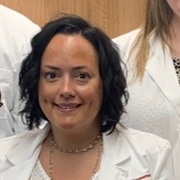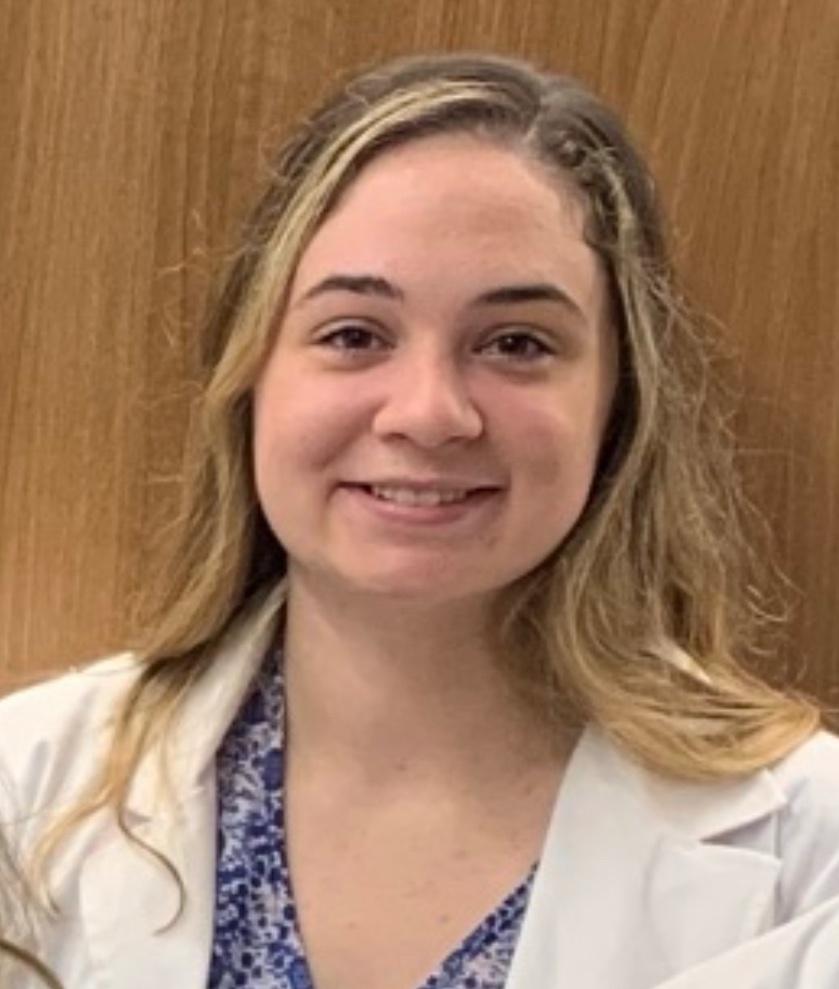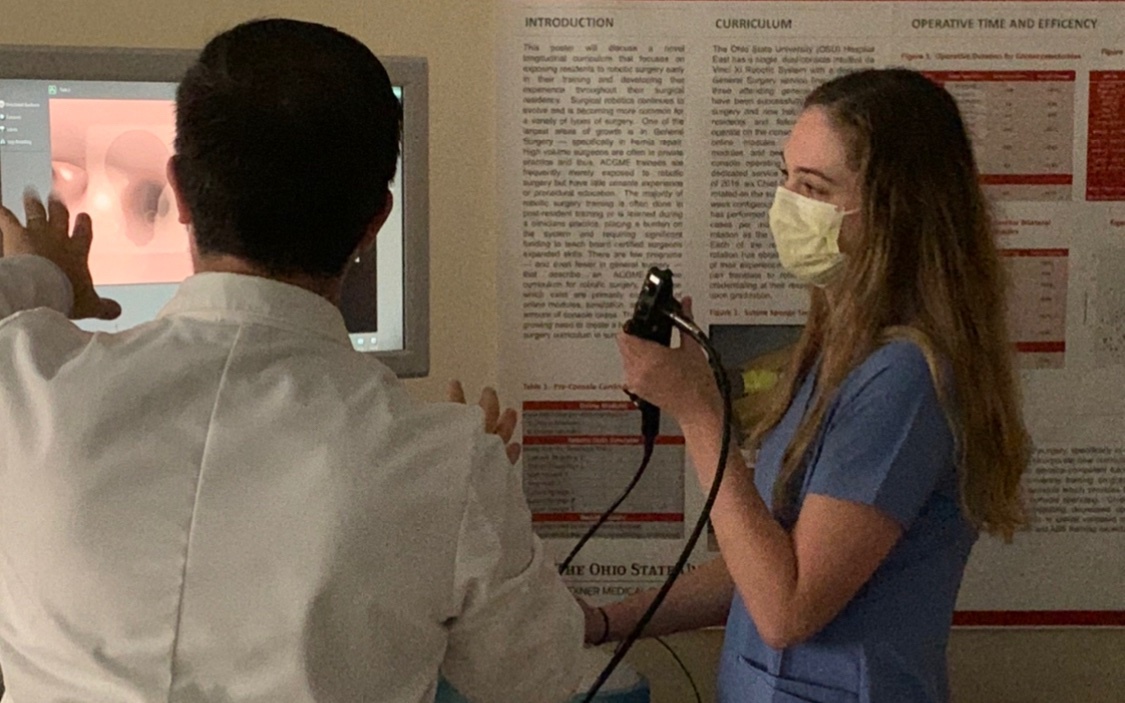
Respiratory therapists see advanced practice providers like nurse practitioners and physician’s assistants on the job all the time. These practitioners are able to deliver a range of care beyond that which is typically provided by lower level clinicians.
Ohio State University recently graduated its first class of RTs trained at the advanced practice level, opening the door to advanced practice for respiratory therapists as well.
Sarah Houseman, BS, RRT, RRT-ACCS, RRT-NPS, and Katie Roland, BS, RRT, RRT-NPS, are among the current crop of students in the program. Why did they decide to earn their Master of Respiratory Care, Advanced Practice, degree? We asked them to explain.
More to learn
“I decided to enroll in the advance respiratory practitioner program at Ohio State University due the evolution of the respiratory care field,” said Houseman, a 14-year veteran of the profession who is currently working two jobs — one as a staff therapist in the adult and neonatal areas at Premier Health and the other as a transport therapist at Dayton Children’s Hospital.
 Sarah Houseman.
Sarah Houseman.She got into the profession because her mom is also an RT and she believes having therapists trained at the advanced practice level would be a great asset to both inpatient critical care and the outpatient pulmonary setting.
Roland is newer to the profession — she just earned her BS at Ohio State a couple of years ago — but she too sees value in going the extra mile to earn her MS in advanced practice. “My first interest in the program sparked when I was an undergraduate student at Ohio State and the program was nearing finalization,” she said. “The more the program was discussed regarding coursework, clinical opportunities, and career pathways, I knew I was interested.”
 Katie Roland.
Katie Roland.That interest solidified into action when she went to work at Nationwide Children’s Hospital, where she currently serves as a staff therapist. “Once I became a registered
respiratory therapist, I often found myself researching information that didn’t typically pertain to a respiratory therapist, but I heard while caring for my patients,” she explained. “I quickly learned that although these topics were not directly related to respiratory care, it was all intertwined and some way or another led its way back to cardiopulmonary care.”
The MS degree at Ohio State seemed like the perfect way to attain that greater range of knowledge.
In-depth education
Roland says the coursework in the program covers everything from pathophysiology and advanced pharmacology to advanced assessment and more, and it all encompass all of the body systems. Students sit in the same classes with advanced practice nursing students for many of the classes.
 Katie RolandKatie Roland believes her advance practice degree will serve her well as she moves forward in the profession.
Katie RolandKatie Roland believes her advance practice degree will serve her well as she moves forward in the profession.Houseman believes the program is similar to that which is offered to nurse practitioners and even medical students, giving students a more in-depth education in different disease processes and how to manage them. “I am personally learning a wealth of knowledge,” she said.
The second year of the program is dominated by a capstone project, wherein each student chooses a specific topic to study. “Throughout the second year of the program, students are expected to complete an extensive capstone project that includes identifying a gap in current care, a systematic review of current research pertaining to the gap in care, and an implementation plan for an APRT to offer to resolve the gap in care,” said Roland.
She is in the middle of her project right now, working to identify the need for a follow-up clinic for pediatric asthmatics who are discharged directly from the emergency department.
“From my observations, pediatric asthmatics who utilize the ED are at high-risk for poor asthma management and often do not have the outpatient care in place to capture appropriate management,” she said. She hopes to one day put her research into action in a follow-up clinic led by an APRT.
Getting a good reception
Both of these therapists believe their MS degree in advanced practice will serve them well as they go forward in their careers. For Houseman, the goal is to advance her practice in the critical care setting.
“I believe the advanced respiratory practitioner will be able to provide adequate care and will be extremely beneficial in the intensive care setting in the urban health care organization,” she said.
Roland wants to stay in pediatrics. While she has yet to settle on the exact area, she feels like the experience she has gotten working in a wide range of settings during the program has set her up for success. “I could imagine myself working multiple roles throughout my career as an APRT,” she said.
She has already gotten great feedback from her colleagues inside and outside of respiratory care about the value she will be able to add with her MS degree. “As I am completing my clinical rotations, physicians in each setting have expressed their interest and need for APRTs,” she said. “The entire health care team is very receptive and interested in the program.”
Houseman and Roland urge more of their colleagues in the profession to join them in the pursuit of a master’s degree in advanced practice respiratory care.
“I believe this is the next forward movement in the role of a respiratory therapist,” said Houseman.
Said Roland, “For any RT who is looking to do a little more and has the drive to challenge themselves, I highly recommend the program.”





